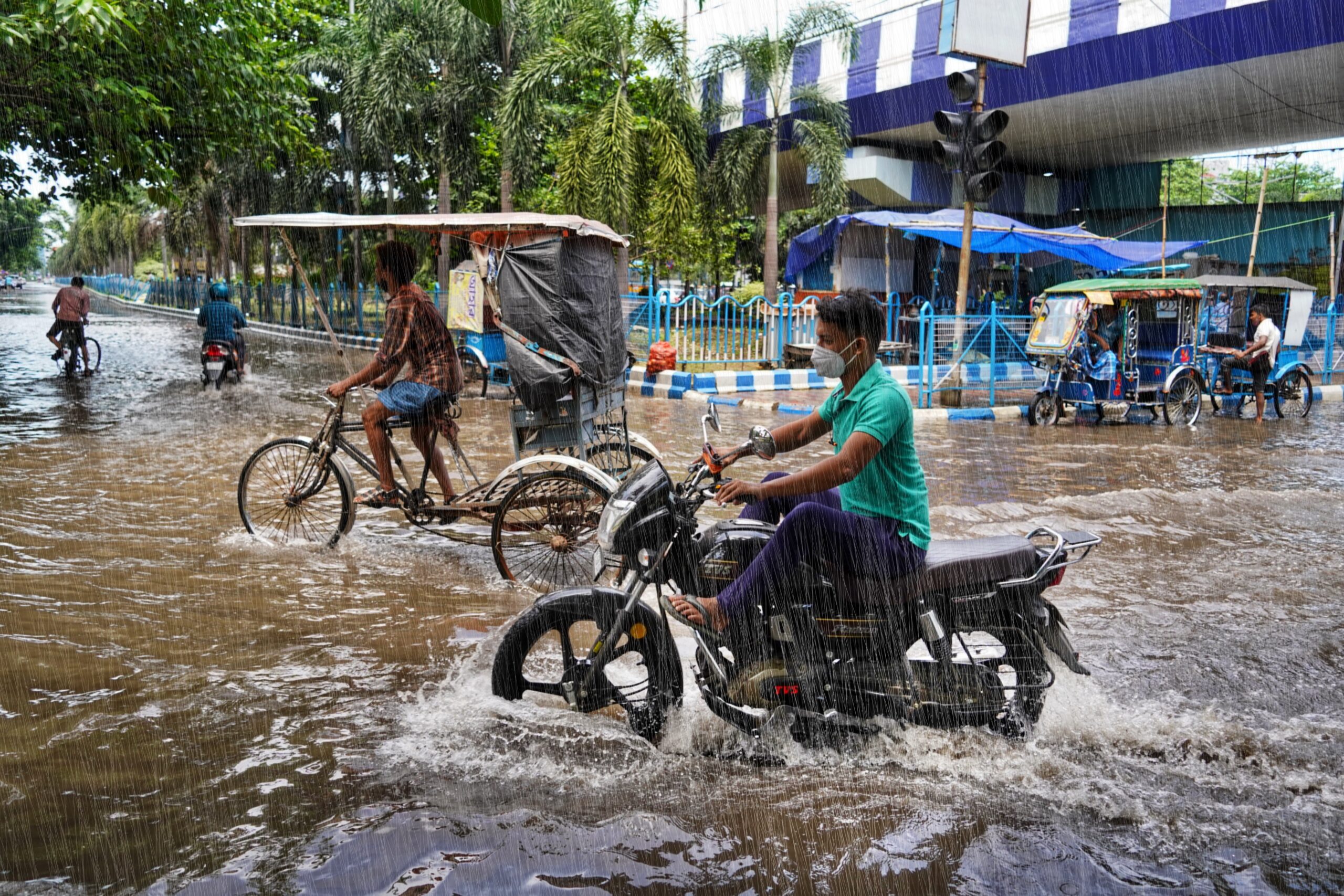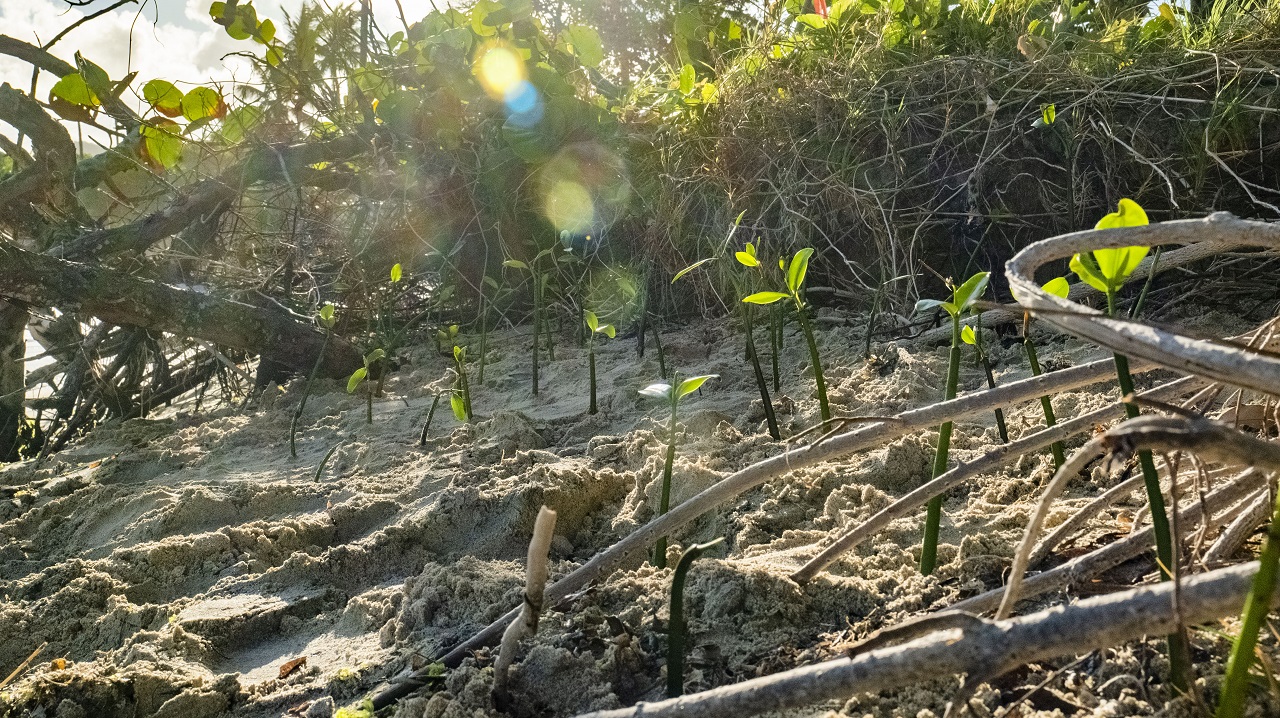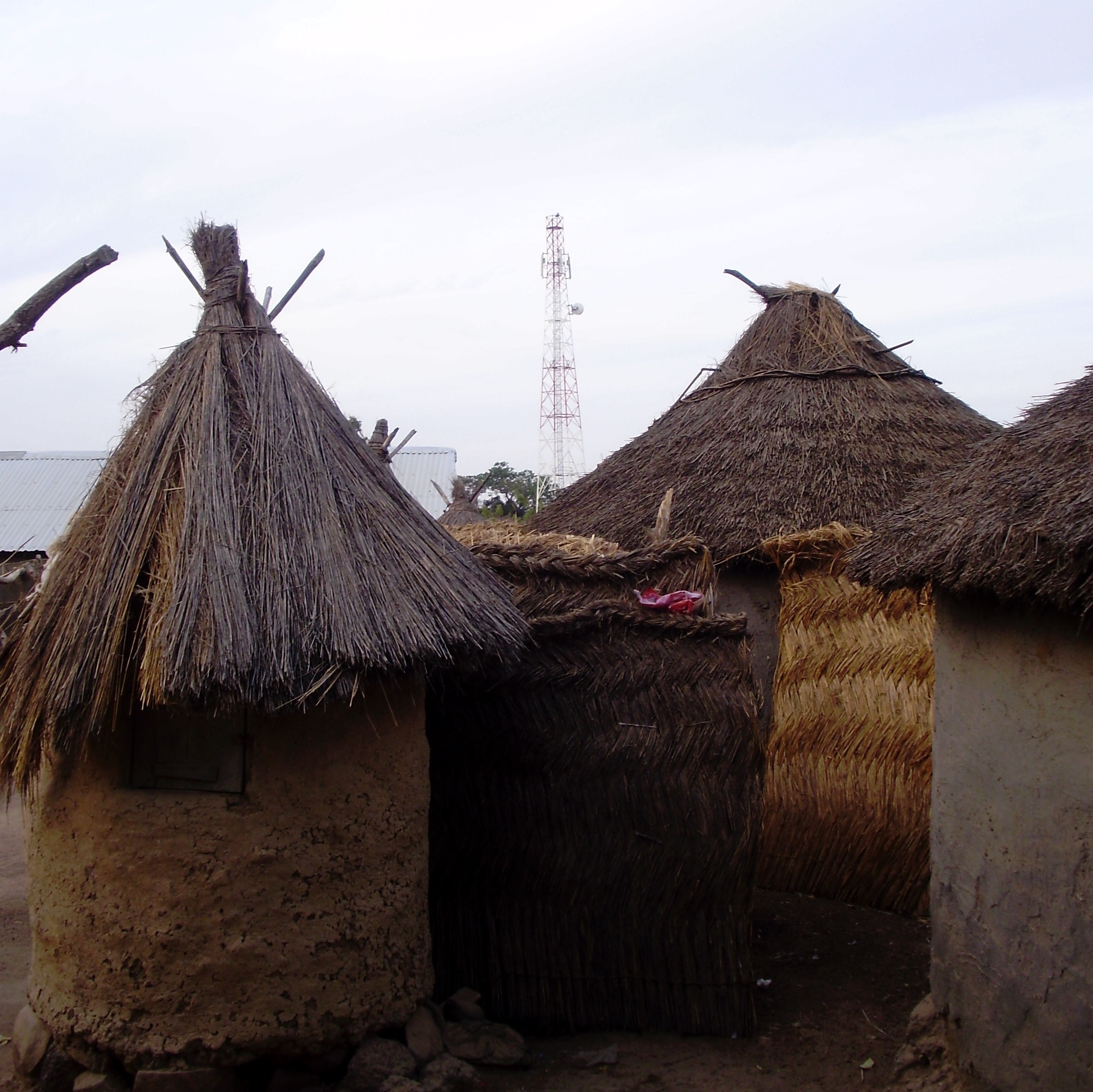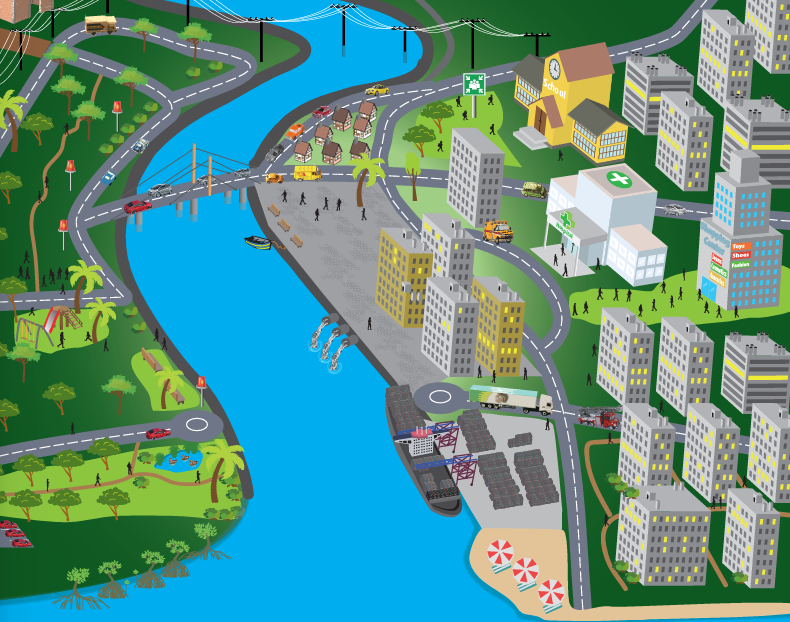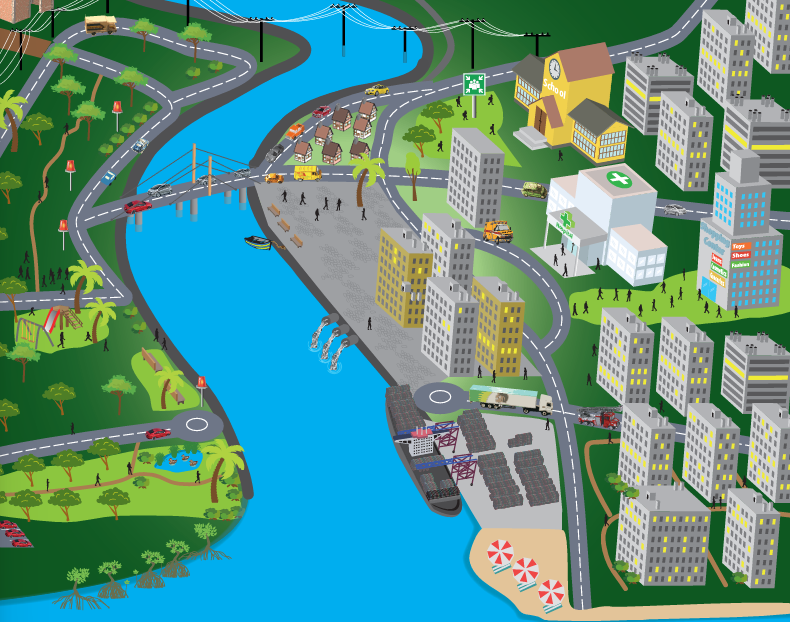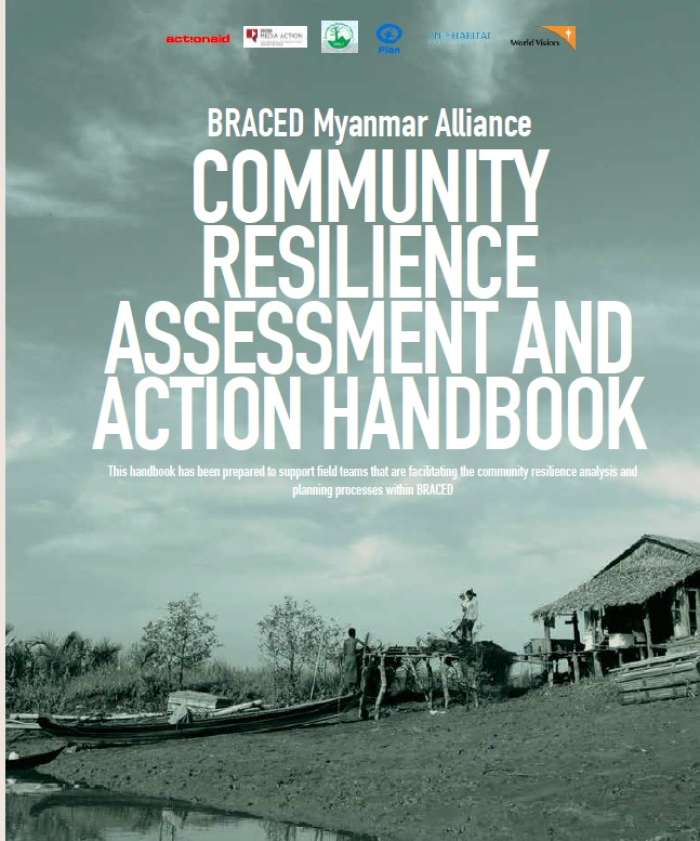adaptation assessment
Assessing and meeting the cost of adaptation: Lessons learned and good practices from developing countries
This report synthesis relevant lessons, insights, and good practices from developing country Parties under the UNFCCC in i) assessing the costs of adaptation and ii) assessing domestic expenditures towards meeting the costs of adaptation.
Evaluating Adaptation: An Analysis of Policy Progress in Coastal Cities and Regions
Explore the findings of the CLIC project “Are cities properly preparing for climate change?” and learn more about the European Research Council (ERC) funded project ‘IMAGINE adaptation’ in this policy brief. It highlights the urgent need to evaluate adaptation in urban areas and understand progress across governance levels.
Leveraging the National Adaptation Plan Process for Adaptation Communications
Learn about the opportunities for countries to leverage the results of NAP processes for preparing Adaptation Communications; and making strategic use of AdCom for boosting the profile and visibility of adaptation progress and needs without creating undue additional reporting burden. The report draws on experiences from the NAP Global Network’s support to 22 countries to build on their NAP processes to prepare their first AdComs.
Adaptation rationales and benefits: A foundation for understanding adaptation impact
Explore a newly proposed typology of adaptation benefits that aims to facilitate the construction of meaningful, transparent adaptation rationales; that is, the logic of an adaptation action. Discover how these can be applied in practice, using hypothetical and real-world examples of projects.
Webinar: Impacts of Climate Change on Forest and Forest Sector in Québec
FACoP Webinar February 16, 2021 | Impacts des changements climatiques sur la forêt et le secteur forestier au Québec
Climate Services in Germany: Stakeholders, Challenges and Factor of Success
This study is part of the CSI project and examines Climate Services in the German context. In particular, the Climate Service value chain is investigated and those stakeholders who play a decisive role as change agents in this area are highlighted.
A Guidance on How to Interpret Climate Information for the Assessment of Climate Risks: Example of the Cai Lon – Cai Be Climate Risk Assessment (Vietnam)
The main challenge of integrating climate information into risk assessments are opposing approaches for assessing climate risks and adaptation options and its implications for the design of climate information products. This guide breaks down the process using Cai Lon – Cai Be climate risk assessment as an example.
From Watershed Development to Ecosystem-based Adaptation: A journey to systemic resilience
This report shows how local ecosystem based adaptation (EbA) approaches make farming systems more resilient in India and proposes six key messages for scaling up EbA.
Mainstreaming climate information into sector development plans: the case of Rwanda’s tea and coffee sectors
This report demonstrates the use of climate information in assessing adaptation needs and adaptation interventions. It also outlines changes in thinking as adaptation moves from theory to practice.
Community Resilience Assessment and Action Handbook
A handbook developed to assess the the underlying drivers of vulnerability in communities and what kinds of climate extremes and disasters (e.g. rapid or slow onset) communities are exposed to.
